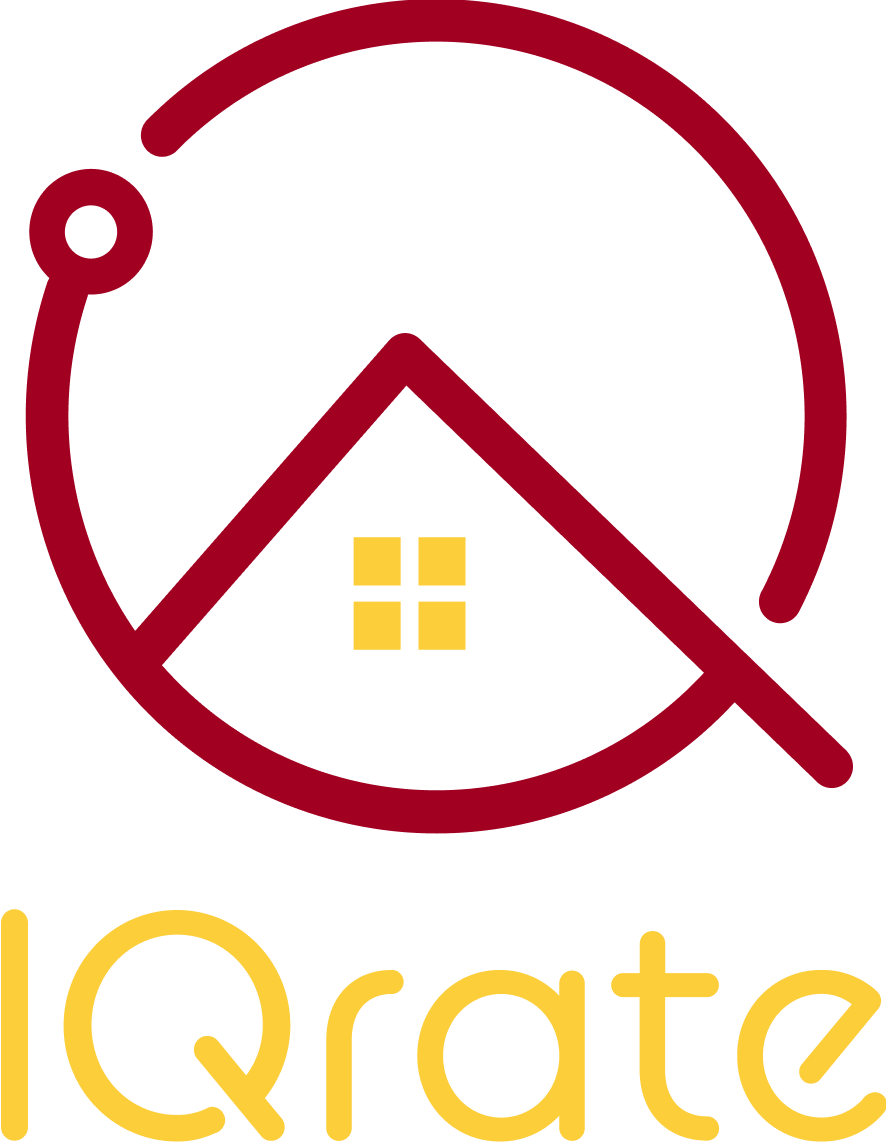On 15 November 2022, DBS, OCBC, and UOB raised the interest rates of their fixed home loan up to 4.5%, the second increase in less than 2 months.
This comes on top of the interest rate hike in the US, which is expected to further worsen the situation for Singaporeans repaying their property loan.
How can you prevent your bank loan from becoming more expensive as a homeowner? As mortgage experts in Singapore’s home loan industry, we take a look at why and how you can refinance your home loan in Singapore to lessen your financial burden.
How the interest rate for a home loan in Singapore works
Much of the interest rates for a home loan in Singapore are tied to the Singapore Overnight Rate Average (SORA), which is basically an interest rate benchmark set by the Monetary Authority of Singapore (MAS).
This figure reflects the actual transactions between banks from 8 am to 6.15 pm every day and changes daily. Banks use this figure, along with the Singapore Interbank Offered Rate (SIBOR) and Swap Offer Rate (SOR), to determine the types of floating-rate housing loans they offer.
Since they fluctuate so often, if your repayments are tied to them, the amount of interest you pay will also fluctuate depending on the circumstances like Singapore’s economic outlook.
Most loans follow the 3-Month Compounded SORA (3M SORA) which fluctuates less often. Do take note that SIBOR and SOR are being decommissioned, and SORA will be replacing them to become the primary interest rate benchmark for home loans in Singapore.
Why should you refinance your home loan in Singapore
Now you might be thinking: refinancing your property loan involves quite a bit of paperwork, why should you bother with it?
Well, refinancing your home loan might just be the key to improving your quality of life, as well as preparing yourself to weather any economic storms that come your way.
If you have a 4-month window to refinance before your bank loan renews, you might want to consider it.
Benefits of refinancing your home loan in Singapore
1. Reduced monthly repayments by securing lower interest rates
Secure lower interest rates by refinancing your home loan to a better package. This would likely result in lower mortgage repayments.
Take for example: The current loan outstanding is S$500,000 for 25 years. Let’s see how the difference in interest rates will affect the monthly repayments
| Plan | Principal | 1st Year Interest Rate | Monthly repayments |
| New Bank | S$500,000 | 3.20% | S$2,424 |
| Existing Bank | S$500,000 | 4.00% | S$2,639 |
(Values are accurate as of 15 September 2023)
As we can see, a decrease in the interest rate would result in more than S$200 in each monthly instalment.
2. Reduced repayments by extending loan tenure
Furthermore, extending the loan period would further reduce the amount of money due each month.
By taking a loan with 20 years left and refinancing it to a loan with 30 years left, you would be taking the same amount but spread out over a longer amount of time, thereby reducing the amount due each month.
3. Protection against poor economic conditions
Refinancing your home loan to one with a lower interest rate would also protect you from poor economic conditions.
This is because when you refinance a home loan, the interest rate will be locked in for a set period ranging from one to five years.
Put another way, if you refinance your mortgage in Singapore, you would be ensuring that adverse economic conditions will not result in a higher interest rate.
This will affect those who are currently paying a mortgage for a few years and have finished the lock-in period, where the interest rate changes from a fixed one to a floating one.
Granted that Singapore is expected to face decelerating economic growth alongside a global slowdown in 2023, taking out a loan might prove to be prudent.

4. Cash-out eligibility
Lastly, by refinancing your bank loan, you may be eligible for a cash-out. However, this only applies if you own private property.
For those who own private property, you may take advantage of this by putting your property up as collateral to take out a home equity loan, which can be about 60-75% of your property value.
With this extra cash, you could consolidate your debts (i.e., pay off multiple debts to only have loans belonging to one financial institution), which might result in lower interest rates and overall payments.
Alternatively, you could use it for investments. One thing to note, however, is that you shouldn’t take out the full amount allowed, just in case there are changes in your property’s valuation.
For more information on cash-out refinancing, click here.
For more information about debt-consolidation plans, click here.

What kind of home loans are there in Singapore?
Okay, so you decided to take out a home loan in Singapore, what’s next? Let’s take a look at what kind of loans they offer in Singapore.
Broadly speaking, there are three categories: fixed interest rate, floating interest rate, and mixed interest rate plans.
Fixed Interest Rates
As the name implies, fixed interest rates are locked in at the same rate for 1 to 5 years. The upside to this plan is that regardless of interest rate fluctuations, you can be assured that your monthly repayments will remain the same during the lock-in period.
On the other hand, the lock-in period could prove to be a double-edged sword as it offers little flexibility.
Floating Interest Rates
Floating interest rates are typically pegged to some other metric that fluctuates. This could be SIBOR, SORA, or SOR, but it could also be pegged to the bank’s board rate, and fixed deposit rate.
We have explained SIBOR, SORA and SOR above, so let’s look at the board rate.
Board rate is the bank’s internal calculation and as such, it is much less transparent how they arrived at the rate, as compared to calculations like SORA.
Because of this, home loans in Singapore that are pegged to the bank’s board rate are generally regarded as the most volatile.
On the other hand, fixed deposit rate refers to the interest rate earned in fixed deposit accounts.
Instead of pricing the home loan to the board rate or SIBOR, fixed deposit rate home loans are based on the average fixed deposit rate over the period of time
For instance, FHR6 and FHR8 means the loan is pegged to a 6-month or 8-month average fixed deposit rate.
Interest Off-set Mortgage
Lastly, we have the interest offset packages that help reduce mortgage interest payment and increase savings. Essentially, the interest offset package acts as a savings account that earns you interest at a rate similar to what you’d spend on a mortgage.
Here are some great points of interest offset packages:
- No minimum deposit required
- No need to park funds in account for a fixed period
Despite the benefits, there are also drawbacks. These packages grant interest only on a fraction of the deposit, not the entire amount. How much of this fraction is determined by the banks. Furthermore, there may also be a minimum home loan amount required for this package.
Interest offset packages are exceptional features that can save you substantial amounts of money. Taking a comprehensive approach to evaluating interest offset packages is recommended.

How to decide what kind of property loan you want
Which is the best interest home loan package to take? As we expect the economy to take a downturn, you might want to explore a floating package if you are able to embrace risk.
Fixed rate will be suitable for those that are risk-averse and prefer stability.
Shorter lock in period is the way to go so that you have the flexibility to make a switch should there be a recession.
For those looking to sell their property, but are having difficulties in selling and paying high interest rate, you might want to refinance to a lower interest rate package with the feature to waive off the penalty in the event of sale.
Your financial future starts with the right advice
In the ever-evolving landscape of mortgage loans in Singapore, making informed decisions is key to securing your financial future.
Our dedicated team of expert advisors is here to guide you every step of the way. Don’t let uncertainty hold you back; take the first step towards achieving your homeownership dreams today.







